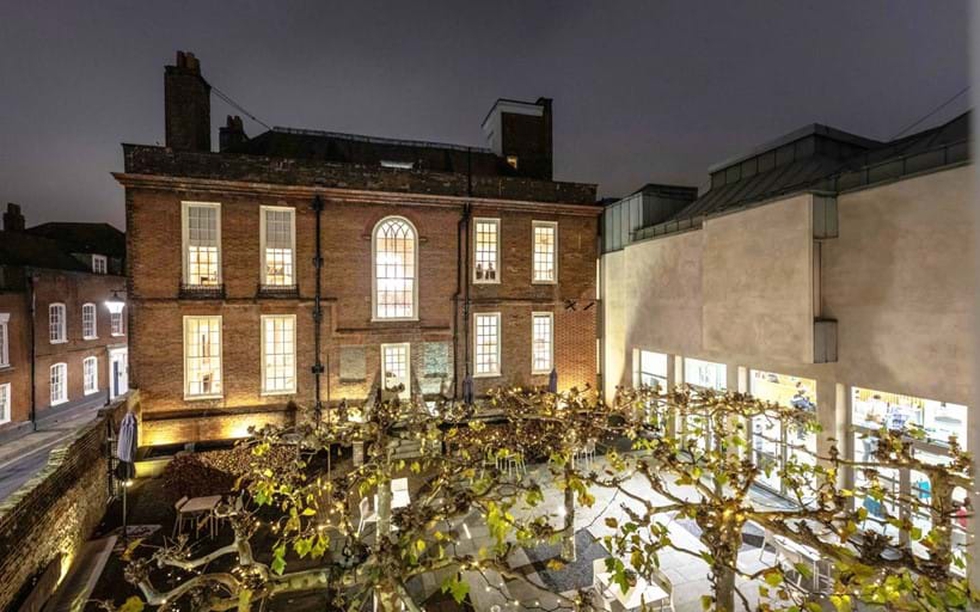Government Urged to Provide Urgent Funding for the Arts
Joint letter celebrates importance of the arts and calls for action
The Bishop of Chichester, Dr Martin Warner, has joined leading regional and national figures representing the arts in calling on the Government to provide urgent funding for the arts sector.
A letter, outlining their concerns, has been sent to the Chancellor of the Exchequer signed by John Booth, Pallant House Gallery, Chichester; Gus Christie, Glyndebourne; Kathy Bourne, Chichester Festival Theatre; Andrew Comben, Brighton Festival and Dr Warner.
A copy of the letter has been sent to all MPs whose east and west Sussex constituencies [including Brighton & Hove] have boundaries within the Diocese of Chichester.
The co-signatories write “out of concern for Britain’s pre-eminent position in the arts, as practitioners, funders, supporters and trustees. This vital area of our nation’s life requires urgent government funding.”
The letter continues: “The arts, in all their diverse forms make a vital contribution to our social and economic life and will play an essential part in our recovery from the Covid-19 pandemic and our future prosperity, including the soft power of international relationships in which the arts have a significant role.”
But there are many other implications of any collapse in the prominence of a broad spectrum of the arts locally, regionally, nationally and internationally across the UK.
“The arts are also an important agent for social inclusion, a matter of major concern as we emerge from lockdown into a reality that has the potential to reveal massive disparity of opportunity and welfare. The appeal of Banksy, of rap, fringe theatre, satire, cartoon and animation is universal and mainstream in our national history, and can help forge a sense of commonality.”
The letter also points to the “educational benefit of the arts, often most effective for those who struggle with standard structures of learning, [which] has also been identified in research, including for example, recognition that music has an impact on thought processes that benefits exploratory scientists as much as it might sustain the commitment of an outstanding composer or performer.”
Following this week’s announcement of a significant lifting of restrictions on the UK public to varying degrees across the four nations the letter stresses the importance of the hospitality and tourism industry:
“The hospitality industry and tourism both derive massive benefit from the arts. Our reputation as a world leader in theatre and music, the vitality of our historic buildings, and the teaching and sponsorship of young artists plays a significant part in the choice to visit the UK rather than another European country. Domestic tourism and all forms of hospitality similarly derive considerable benefit from arts events, museums and galleries, treasure houses and centres.”
The letter concludes:
“Government aid that gives immediate relief to the arts that have been so brilliantly, successfully and profitably cultivated in this nation will benefit more than just the arts. It will benefit us internationally, socially, creatively and economically. Failure to secure this benefit for the arts now will bring loss and damage by which future generations will judge our actions.”
